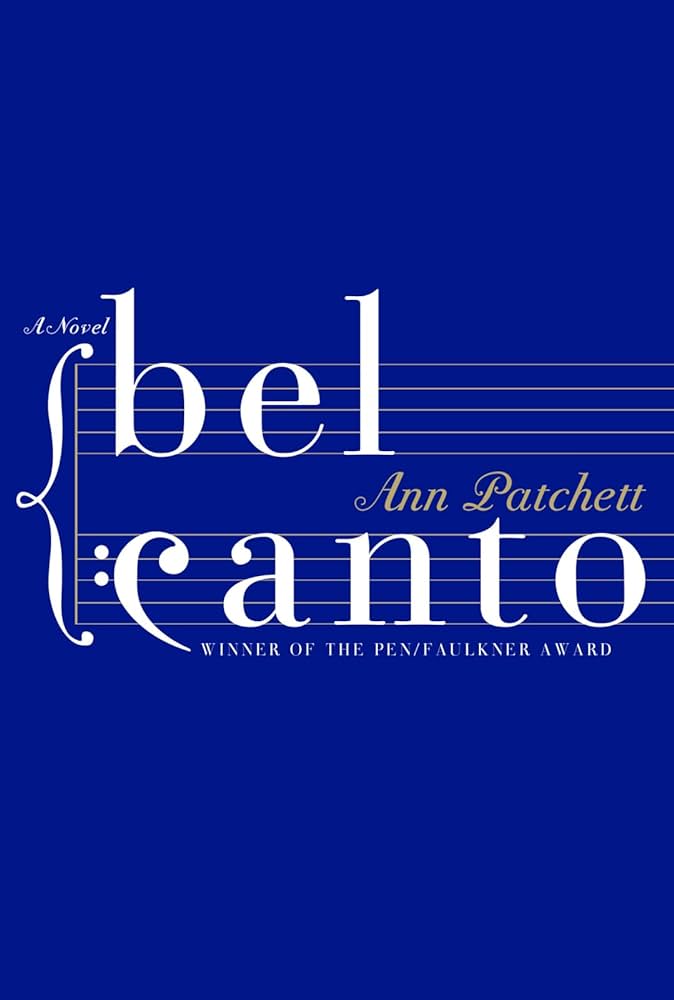If you listen to the podcast, you’ll know that I’ve committed to doing more re-reading this year. I read a lot of books and, consequently, I forget a lot of books. Even Bel Canto, one of my favourite books by one of my favourite authors, is a vague haze of words that includes terrorists, hostages, Japanese businessman, and opera singer.
Bel Canto was my first introduction to Ann Patchett and the book that put her on the literary map. Published in 2001, it won the Orange Prize and PEN/Faulker Award and was on many top book lists. Set in an unnamed South American country, the novel begins at a birthday party that is at the home of the country’s Vice President. Terrorists break into the party intending to take the President hostage. He’s not there, so instead they take the entire party hostage. One of the hostages is an opera singer, hence the title, which means “beautiful singing”.
This novel was inspired by the Japanese embassy hostage crisis in 1996 and 1997 in which 14 Peruvian terrorists took hostage hundreds of people who were attending a party at the residence of the Japanese ambassador. The situation lasted for 126 days and gained worldwide media attention.
Like French Exit, I am excited to re-read this one, but also a little nervous. What if I don’t like it as much as I remember? What if Dennis and Trevor hate it? Will they let me stay on the podcast? Only one way to find out.
While you’re anxiously awaiting our thoughts on Bel Canto, why not check out the latest episode where we discussed Moon of the Turning Leaves by Waubgeshig Rice. We were joined by writer-in-residence, Susie Moloney, and for a book about the end-of-the-world, a lot of laughs were had.
And, of course, until next time, make sure you find TIME TO READ.
-Toby
















